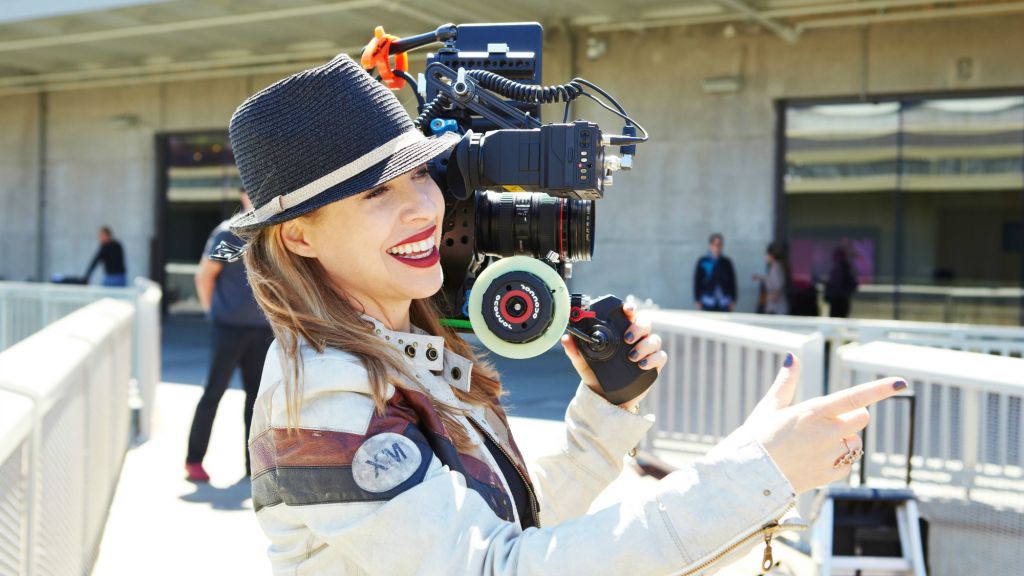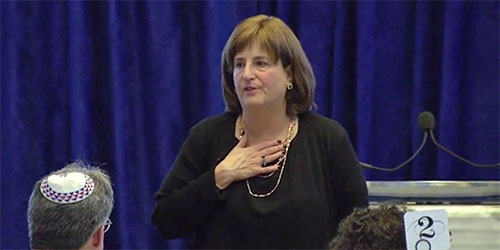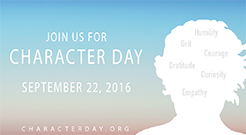Bringing Mussar to the Masses
The Making of a Mensch, which will will be screened by more than 4400 schools, synagogues and organizations over the High Holiday period, focuses on the Jewish teachings of Mussar, a movement founded by Rabbi Israel Salanter in 19th century Lithuania that aimed to promote piety and ethical conduct. Now, Shlain has taken these ancient ideas and with the help of an esteemed board of advisors including Rabbi Avi Orlow, Director of Jewish Education at the Foundation for Jewish Camp (FJC) and David Jaffe, Founder and Principal of the Kirva Institute, she’s explored them into a 13-minute film that focuses on the Jewish tools that help us understand character development.
There are many exciting threads to this ambitious project, including crowd-sourced films on what makes a mensch (we hope you submitted yours!) and a global screening that will invite communities across the country to watch the film together and engage in conversation about Mussar with several different leaders and educators. And now, we’ve also gotten a sneak peak at the teaching materials Shlain and her team developed to accompany the film, with the help of a grant from The Covenant Foundation.
“The Periodic Table of Being a Mensch,” Rabbi Orlow’s adaptation of Shlain’s periodic table of character strengths, which she unveiled in The Science of Character, defines the 13 character traits (middot) defined by Salanter in his teachings, and is just one part of an interactive game that uses conversation cards to help students think about and explore character development through questions, conversation and reflection. Creativity, Curiosity, Love of Learning, Bravery, Perseverance and Honesty are some of the qualities the cards address, with corresponding questions like, “What practice or ritual could you do daily or weekly to strengthen this quality” and “How do you think your family, school or work would benefit from more of this quality?”
By choosing various cards from a deck of piles that are arranged according to age, beginning with a set of questions geared to age 4 all the way to age 99+, students, teachers, educators or a family around a dinner table can write their own “mensch code,” and think about the middot they want to work on most.
What better way to greet 5776 than with an internal taking-stock of all the ways we can be our best self? Click here to learn more and get involved. See you in the cloud on 9/18!
By Adina Kay-Gross, for The Covenant Foundation


